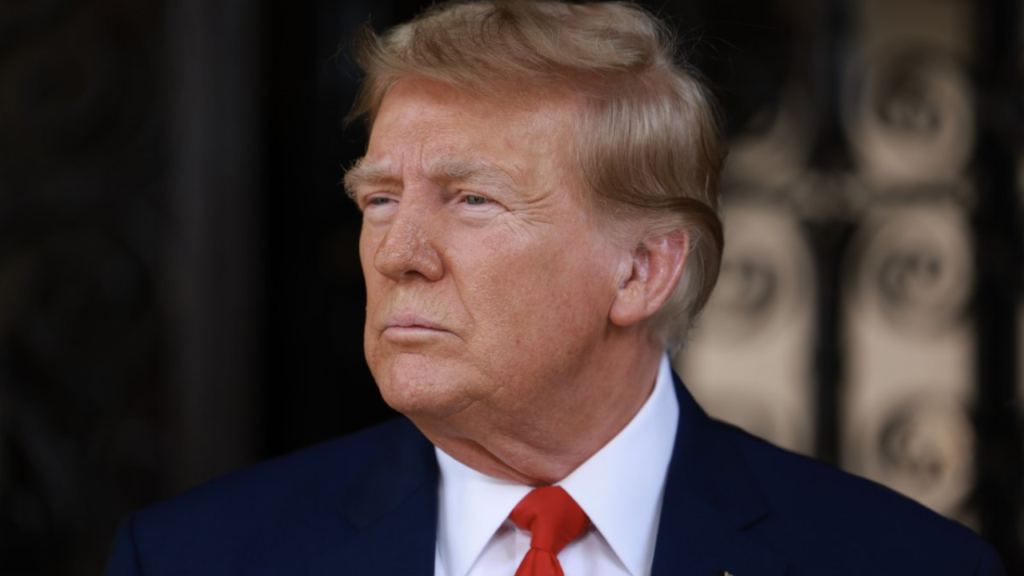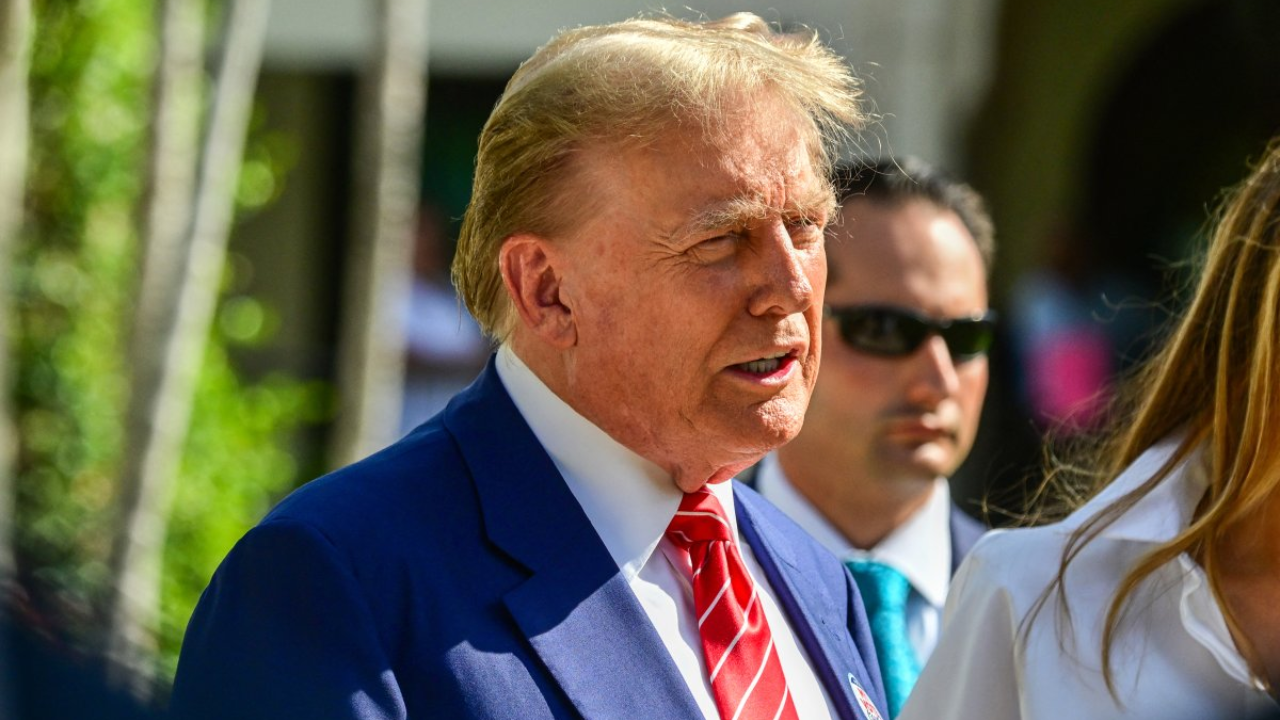A recent Supreme Court decision has sparked fresh trouble for former U.S. President Donald Trump’s immigration policy.
His use of an old wartime law—the Alien Enemies Act—to deport alleged Venezuelan gang members is now under fire, legally and politically.
The American Civil Liberties Union (ACLU) has filed a legal challenge in Colorado, asking for an emergency restraining order. This follows previous successful attempts by the ACLU to stop similar deportations in New York and Texas.
What’s the Controversy About?
Trump’s team has been using the Alien Enemies Act, which dates back to 1798, to fast-track deportations of Venezuelans believed to be part of a gang called Tren de Aragua. This law was originally meant for times of war and has rarely been used in recent decades.
The Supreme Court recently ruled that migrants should be allowed to fight deportation in the states where they’re detained. The ruling also said that giving people just 24 hours’ notice before deportation is not enough to prepare a legal defense.
Who’s Affected?

Two Venezuelan men held in Colorado are at the center of this new case. Both deny any gang involvement, and one of them said he fled Venezuela to escape violence. Their deportation was blocked by Judge Charlotte Sweeney, who was appointed by President Joe Biden.
The ACLU claims that many people caught in this crackdown don’t have criminal records, and the short notice they’re given makes it impossible to fight back legally.
If deported, they could end up in El Salvador’s CECOT prison, a facility known for harsh and dangerous conditions, according to human rights groups.
Legal Experts Speak Out
Katherine Hawkins, a legal analyst, pointed out a troubling contradiction. She said the Supreme Court agrees that people have the right to legal review, but there’s still no clear path for migrants to get a fair hearing.
She added that this legal gap could expose people to inhumane treatment, especially if they’re wrongly classified as threats.
What Did Trump Say?
Trump defends the move, claiming it gives officials “tremendous authority to straighten out our country.” He insists the action is necessary to protect the U.S. from organized crime coming from abroad.
But critics argue that using a wartime law in peacetime is an overreach of executive power and risks violating basic legal rights.
Disclaimer- Our team has thoroughly fact-checked this article to ensure its accuracy and maintain its credibility. We are committed to providing honest and reliable content for our readers.






